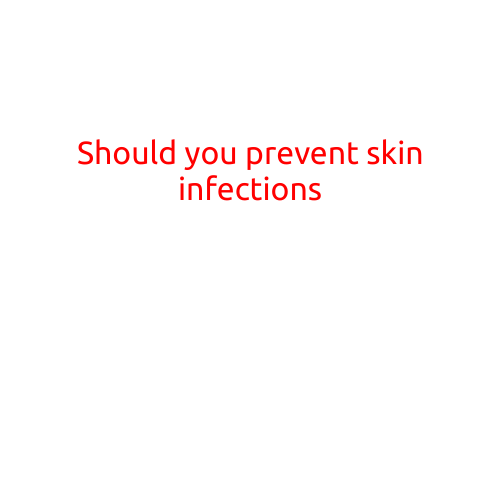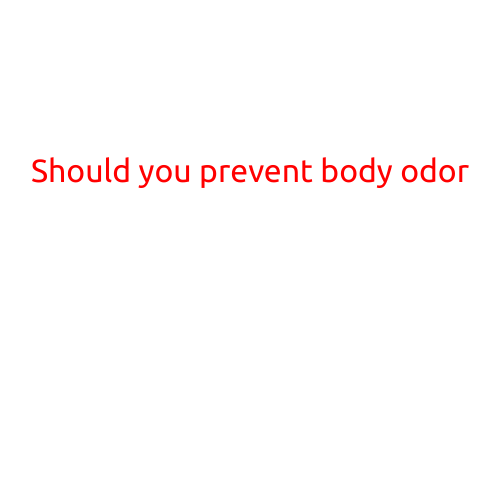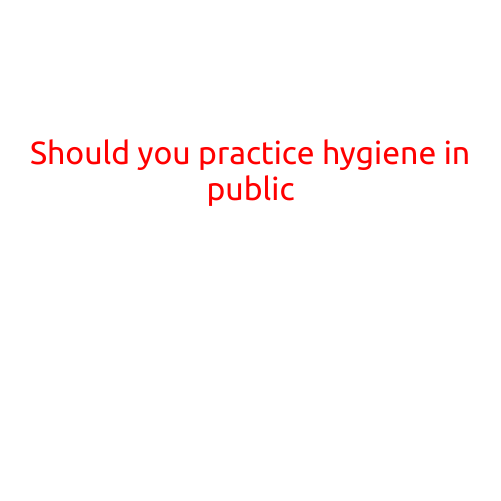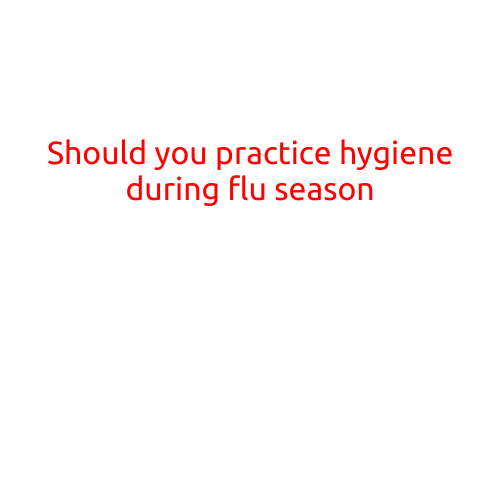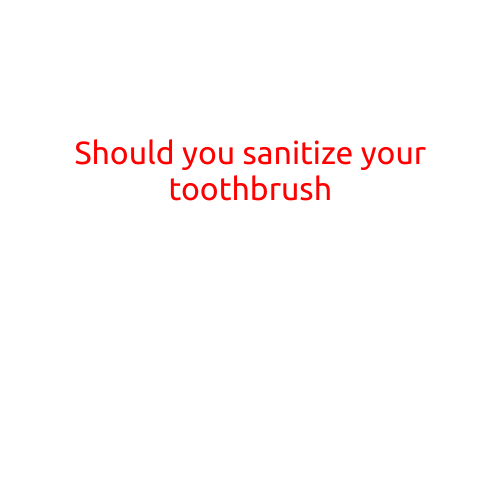
Should You Sanitize Your Toothbrush?
When it comes to oral hygiene, many of us are meticulous about our daily routine. We brush our teeth at least twice a day, floss once a day, and rinse with mouthwash. However, there’s one crucial aspect of oral care that often gets overlooked - sanitizing our toothbrushes.
The question remains: should you sanitize your toothbrush? It’s a valid concern, considering the numerous germs and bacteria that can accumulate on our toothbrushes. In this article, we’ll delve into the importance of sanitizing your toothbrush, the risks of not doing so, and provide tips on how to keep your toothbrush clean and hygienic.
Why Sanitize Your Toothbrush?
Sanitizing your toothbrush is essential for maintaining good oral health and preventing the spread of germs and bacteria. Here are some compelling reasons why:
- Bacteria Growth: Toothbrushes can harbor a variety of bacteria, including Streptococcus mutans, which can cause tooth decay and gum disease. If not removed regularly, these bacteria can multiply and spread to other parts of the mouth, leading to infections.
- Virus Transmission: Toothbrushes can also carry viruses, such as the herpes simplex virus and the influenza virus. Sharing toothbrushes or using a toothbrush that’s been used by someone with a viral infection can spread the virus.
- Dental Hygiene: Sanitizing your toothbrush helps to remove plaque, tartar, and other debris that can accumulate on the surface. This ensures a proper cleaning and helps prevent gum disease and tooth decay.
- Personal Hygiene: Let’s face it - our toothbrushes can be breeding grounds for germs and bacteria. Sanitizing your toothbrush helps to keep your mouth and body clean and free from unwanted microorganisms.
Risks of Not Sanitizing Your Toothbrush
The risks of not sanitizing your toothbrush are significant. Here are a few potential consequences:
- Tooth Decay and Gum Disease: Failing to sanitize your toothbrush can lead to the accumulation of bacteria and plaque, which can cause tooth decay and gum disease.
- Infections: Using a sanitizing toothbrush can spread infections, such as flu and common colds, between family members.
- Bad Breath and Taste: Not sanitizing your toothbrush can lead to the growth of bacteria that can cause bad breath and an unpleasant taste in the mouth.
- Oral Infections: Sanitizing your toothbrush is essential in preventing oral infections, such as abscesses and pulpitis, which can be painful and require medical attention.
How to Sanitize Your Toothbrush
Sanitizing your toothbrush is a simple process that requires minimal effort. Here are a few methods:
- Soak in Mouthwash: Soak your toothbrush in a mouthwash for 15-30 seconds to kill bacteria and germs.
- Viralock: Use a product like Viralock, which is specifically designed to sanitize toothbrushes using UV technology.
- Microwave: Place your toothbrush in the microwave for 1-2 minutes to kill bacteria and germs.
- Dishwasher: Place your toothbrush in the dishwasher (without the steam setting) to sanitize it.
Conclusion
Sanitizing your toothbrush is a crucial aspect of oral hygiene that’s often overlooked. By understanding the importance of sanitizing your toothbrush, the risks of not doing so, and implementing simple sanitizing methods, you can maintain good oral health, prevent the spread of germs and bacteria, and keep your mouth and body clean and healthy. So, make sure to sanitize your toothbrush regularly to keep your smile shining bright!

